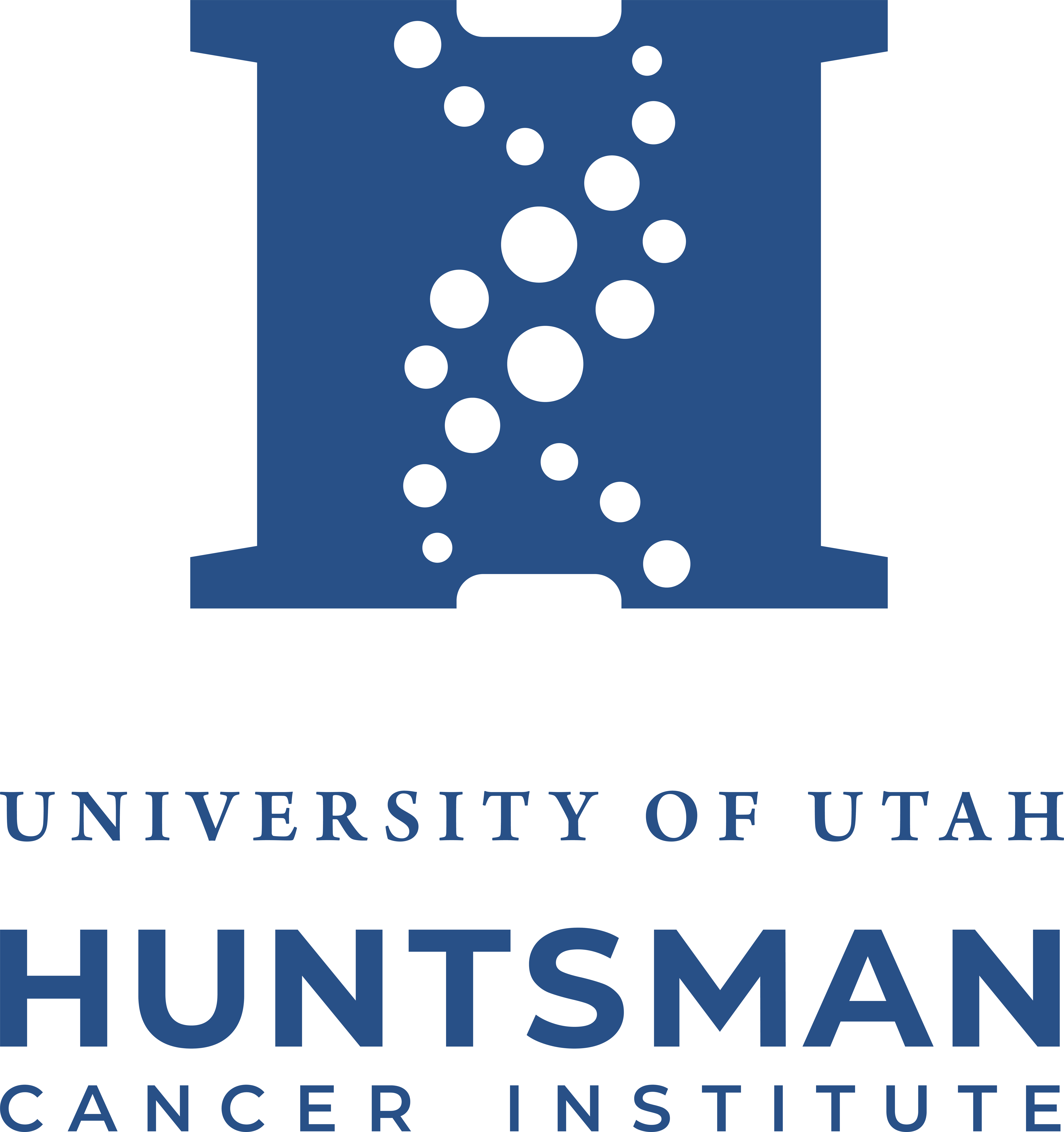
Dr. Agarwal on the Safety Profile of Olaparib in HRR Gene-Mutant mCRPC

Neeraj Agarwal, MD, discusses the safety profile of olaparib in homologous recombination repair gene-mutated metastatic castration-resistant prostate cancer.
Neeraj Agarwal, MD, professor of medicine, and director of the Genitourinary Oncology Program, Huntsman Cancer Institute, discusses the safety profile of olaparib (Lynparza) in homologous recombination repair (HRR) gene-mutated metastatic castration-resistant prostate cancer (mCRPC).
On May 19, 2020, the
The approval is based on findings from the phase 3 PROfound trial, which demonstrated a 66% reduction in the risk of disease progression or death with olaparib compared with enzalutamide or abiraterone.
The safety of olaparib was consistent with previous data. Anemia, nausea, and fatigue were more commonly observed among patients treated with olaparib versus enzalutamide or abiraterone.
Nausea and anemia are manageable toxicities, says Agarwal. Additionally, the increased rate of fatigue is likely due to the increased rate of anemia.
Patients with HRR gene-mutant mCRPC have limited treatment options, explains Agarwal. Also, available chemotherapy regimens are associated with increased toxicity compared with olaparib.
As such, the agent offers a novel, well-tolerated options for patients in this setting, Agarwal concludes.




































